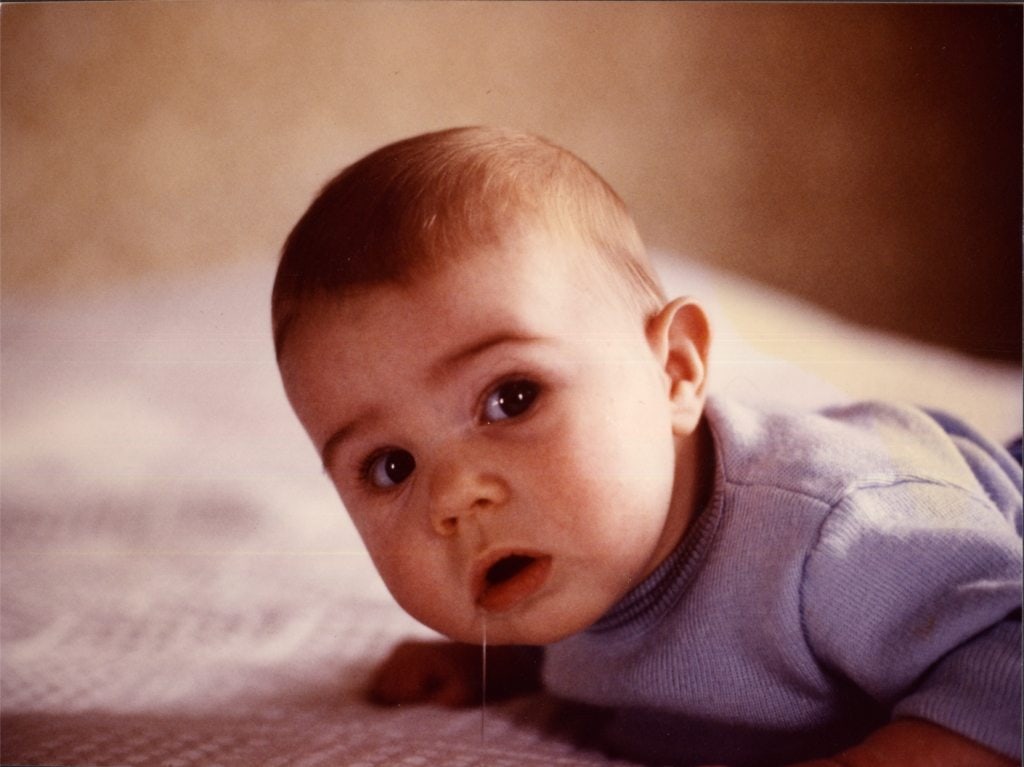Is It Permissible to Use Numerology When Deciding a Name for a Child?
Hanafi Fiqh
Answered by Shaykh Umer Mian
Question: Assalamu alaykum
Is it permissible in Islam to use numerology/date and time of birth when deciding a name for a child?
Answer: Wa alaikum as-salam wa rahmatullahi wa barakatuhu
Numerology has been defined as “the study of the occult meanings of numbers and their supposed influence on human life” (American Heritage Dictionary, 4th Ed.).
The Messenger of Allah (ﷺ) is reported to have said: “Whoever goes to an astrologer or diviner and believes them has disbelieved in that which has been revealed to Muhammad (ﷺ).” (recorded by ibn Majah and Darimi).
To believe that astrology, numerology, or the like cause benefit or harm independently of Allah’s Divine Will is utter disbelief (kufr). It is also disbelief (kufr) to believe that the practitioners of these things know the unseen independently of Allah’s knowledge. We seek refuge in Allah from such beliefs.
Even if one maintains the correct Islamic belief, it would still be impermissible to practice astrology, numerology, or the like. The Messenger of Allah (ﷺ) said, when asked about augury: “That (i.e. the outcomes of augury) is something they find in their hearts” (recorded by Muslim). In other words, through augury and similar practices Shaytan leads people away from correct belief (i.e. no harm or benefit except by Allah) and towards kufr (i.e. these things harm or benefit).
Therefore, you should avoid naming your child based on numerology or similar practices. Traditionally, it was common for Muslims to request an elder or a pious person to select a name for the child. Alternatively, you may pray istikhara.
The Messenger of Allah (ﷺ) is reported to have said: “Assign names using the names of the Prophets. The names dearest to Allah are Abdullah and AbdurRahman, the truest are Harith and Hammam, and the worst are Harb and Murrah.” (Narrated by Abu Dawud and Nisa’i).
He (ﷺ) is also reported to have said: “From the rights of the child over his father is that he names him well and teaches him good manners” (Narrated by Bayhaqi in Shi’b al-Iman, and he declared it weak).
Arabic sources are below.
Wassalam,
[Shaykh] Umer Mian
عَنْ أَبِي هُرَيْرَةَ قَالَ قَالَ رَسُولُ اللَّهِ صَلَّى اللَّهُ عَلَيْهِ وَسَلَّمَ مَنْ أَتَى حَائِضًا أَوْ امْرَأَةً فِي دُبُرِهَا أَوْ كَاهِنًا فَصَدَّقَهُ بِمَا يَقُولُ فَقَدْ كَفَرَ بِمَا أُنْزِلَ عَلَى مُحَمَّدٍ (رواه ابن ماجه والدارمي)
عَنْ مُعَاوِيَةَ بْنِ الْحَكَمِ، قَالَ: وَإِنَّ مِنَّا رِجَالًا يَأْتُونَ الْكُهَّانَ، قَالَ: ” فَلَا تَأْتِهِمْ “، قُلْتُ: وَمِنَّا رِجَالٌ يَتَطَيَّرُونَ، قَالَ: ” ذَاكَ شَيْءٌ يَجِدُونَهُ فِي صُدُورِهِمْ فَلَا يَصُدَّنَّهُمْ ” (رَوَاهُ مُسْلِمٌ)
عَنْ أَبِي وَهْبٍ الْجُشَمِيِّ وَكَانَتْ لَهُ صُحْبَةٌ قَالَ قَالَ رَسُولُ اللَّهِ صَلَّى اللَّهُ عَلَيْهِ وَسَلَّمَ تَسَمَّوْا بِأَسْمَاءِ الْأَنْبِيَاءِ وَأَحَبُّ الْأَسْمَاءِ إِلَى اللَّهِ عَبْدُ اللَّهِ وَعَبْدُ الرَّحْمَنِ وَأَصْدَقُهَا حَارِثٌ وَهَمَّامٌ وَأَقْبَحُهَا حَرْبٌ وَمُرَّةُ (سنن أبي داود)
عَنِ ابْنِ عَبَّاسٍ، أَنَّهُمْ قَالُوا: يَا رَسُولَ اللهِ، قَدْ عَلِمْنَا حَقَّ الْوَالِدِ عَلَى الْوَلَدِ، فَمَا حَقُّ الْوَلَدِ عَلَى الْوَالِدِ ؟ قَالَ: ” أَنْ يُحْسِنَ اسْمَهُ، وَيُحْسِنَ أَدَبَهُ ” (شعب الإيمان للبيهقي)
